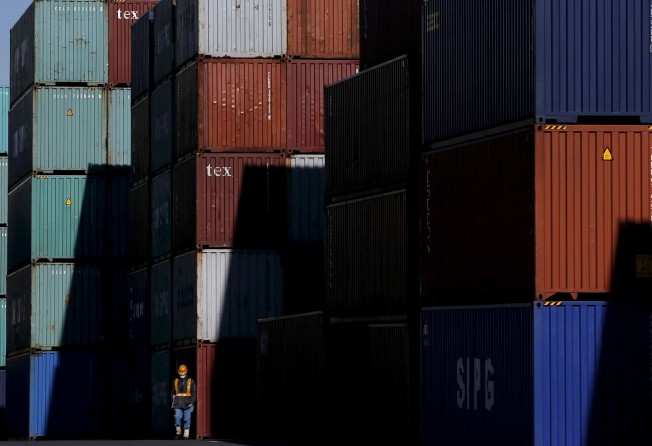It’s not too late for major central banks to lend global economy an extra helping hand
Global policy harmonisation is vital to kick-start the healing process

The world is not in a happy place right now, with worries about global downturn, growing financial uncertainty and rising political risks looming large over investors. There is a palpable air of expectancy that it will all end badly and another global crash could soon be on the cards. It is not inevitable though and global policymakers still have plenty of time to break the mood.
World policymakers need to act quickly though and take bolder steps to pull the global economy back on track for a stronger and more sustainable recovery. Global policy harmonisation is vital to kick-start the healing process. It may be a long shot, but they have everything to gain and much more to lose if they fail.
To give them credit, the major central banks did a great job in averting Armageddon when the global financial crisis struck in 2008. The monetary stimulus from zero interest rates and quantitative easing (QE), which kicked off in the United States and Britain and was followed up by Japan and the euro zone, set the benchmark for the rest of the world to follow suit with additional measures.
Their actions pulled off the impossible at the time but the job still remains half completed. Without extra sustenance, global recovery will wither on the vine. Expectations from the International Monetary Fund for 3 per cent plus global growth in the next five years look like wishful thinking. With world trade running 13 per cent lower than a year ago, the risks remain tipped to the downside.

The danger now is that global policymaking is beginning to fragment. The US Federal Reserve is angling for tighter policy, the Bank of Japan still lacks a clear-cut recovery strategy, while the European Central Bank (ECB) is suffering major in-fighting over policy which may stand in the way of further easing. Global policy intentions are more blurred, leaving investors feeling nonplussed.
Policymakers need to win over global financial markets as investor sentiment stands on a dangerous knife edge. Despite the boost to market confidence from QE and zero rates over the past seven years, investors are becoming more defensive. The share of equities held in global investment portfolios is declining, dropping from 55 per cent in 2010 to 45 per cent right now. Global equity markets will be highly exposed to any sudden loss of confidence.
Central banks must stay focused on reviving “animal spirits” in the global economy and encouraging “rational exuberance” in financial markets. Vibrant stock markets are a vital ingredient for keeping consumer and business confidence upbeat. If stock markets collapse, global economic confidence will unravel again, leaving recession on the cards.
Leading central banks have to set a strong moral lead. This week’s Fed policy meeting, beginning on Tuesday, is a key opportunity to settle market nerves over future tightening intentions. Clearly, the Fed is keen to normalise monetary policy, but the process must keep a careful eye on global financial conditions and avoid upsetting markets at all costs.
In Europe, the ECB needs to settle its differences and justify the case for easing again in the short term. First-quarter gross domestic product figures due to be released on Friday are likely to show the euro zone economy increasingly becalmed and in need of further stimulus from lower rates and more QE. Germany must stop rocking the boat and drop its opposition to further easing.
Japan needs a double-barrelled dose of monetary and fiscal easing to get the recovery going again. This week’s Bank of Japan policy meeting should loosen its ultra-loose monetary conditions even more. The US government can help too by dropping its opposition to Japan’s wish for a weaker yen, paving the way for export-led recovery. The US economy reaped the rewards of a weak dollar for years, now it is Japan’s turn to benefit from a weaker currency.
The global economy needs a bigger break and it is not too late for the major central banks to lend an extra helping hand.
David Brown is chief executive of New View Economics